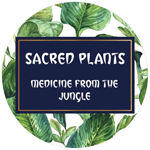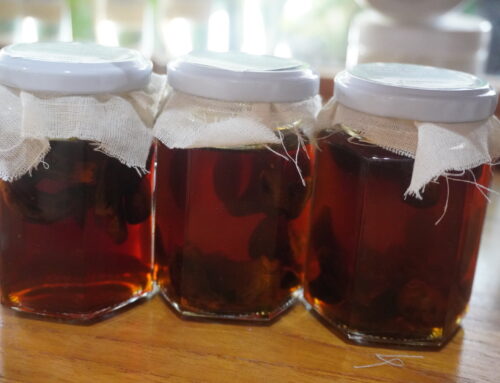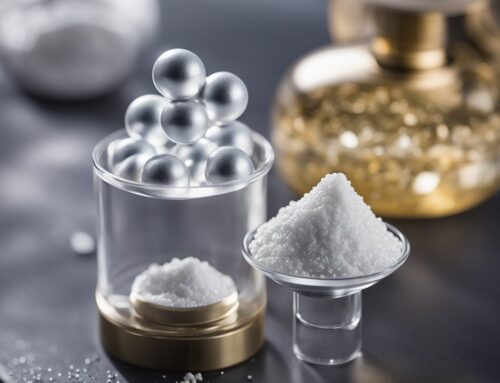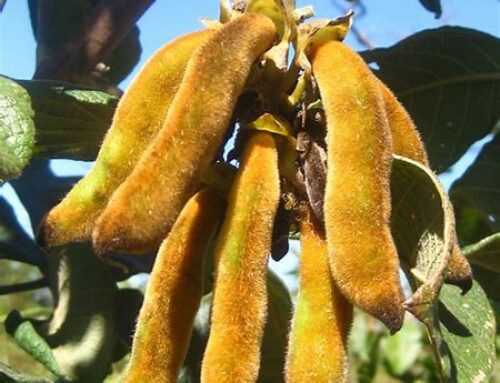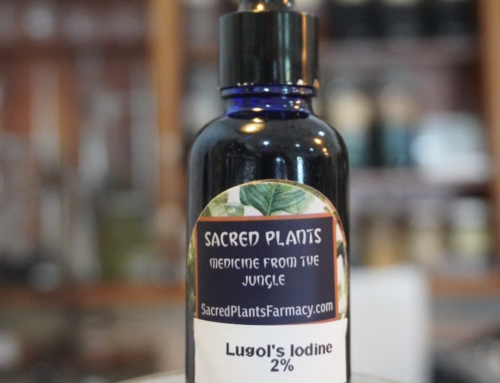- Supports liver health. One of the most common uses of milk thistle is to treat liver problems.
- Promotes skin health.
- Reduces cholesterol.
- Supports weight loss.
- Reduces insulin resistance.
- Improves allergic asthma symptoms.
- Limits the spread of cancer.
- Supports bone health.
Milk thistle is a flowering plant that comes from the same family of plants as the daisy. It grows in Mediterranean countries and is used to make natural remedies.
Different parts of the milk thistle plant may be used to treat various health conditions. The most common use of milk thistle is for liver problems. Some claim it can help treat:
cirrhosis
jaundice
hepatitis
gallbladder disorders
Other potential health benefits include protecting heart health by lowering cholesterol levels and helping people manage type 2 diabetes.
Supports liver health:
One of the most common uses of milk thistle is to treat liver problems. A 2016 study found that milk thistle improved diet-induced liver damage in mice. More evidence is needed to prove that milk thistle benefits human livers in the same way. However, researchers theorize that it does. The active ingredient in milk thistle, silymarin, acts as an antioxidant, reducing free radical production. Scientists think this creates a detoxifying effect, which is why it is milk thistle may be beneficial for liver problems. Until more research is carried out, however, milk thistle is not recommended as the primary treatment option for liver problems. But it may be a helpful complementary treatment to try.
Promotes skin health:
Milk thistle may help to promote healthy skin. A 2015 study found that milk thistle helped improve inflammatory skin conditions when applied to the skin of mice.
Milk thistle was also found to have antioxidant and anti-aging effects on human skin cells in a laboratory environment in another study.
Reduces cholesterol:
High cholesterol can lead to problems with heart health and increase a person’s chance of stroke.
A 2006 study suggests milk thistle may play an important role keeping cholesterol levels down. It found that cholesterol levels were lower in people taking milk thistle to treat diabetes than those taking a placebo.
Supports weight loss:
Initial animal research conducted in 2016 found that silymarin caused weight loss in mice that were fed a diet intended to cause weight gain. This suggests milk thistle may be beneficial for those looking to lose weight.
Reduces insulin resistance:
A study on mice found milk thistle extract helped to reduce insulin resistance. Insulin resistance is a problem for people with type 2 diabetes.
Improves allergic asthma symptoms:
The active ingredient in milk thistle can help to reduce inflammation. A 2012 study found that silymarin helped to protect against inflammation in the airways of mice with allergic asthma.
More research is needed to see if silymarin benefits asthma symptoms in humans.
Limits the spread of cancer:
Milk thistle may help to stop the spread of certain types of cancer. A 2016 review found that milk thistle extract inhibited the growth of cancerous cells in colorectal cancer.
Supports bone health:
Milk thistle may play an essential role in supporting bone health. A 2013 study found that milk thistle helped to prevent bone loss. The study looked specifically at bone loss caused by a deficiency in estrogen. It is not yet clear whether milk thistle is equally beneficial for bone loss with a different cause.
Improves cognition:
A 2015 study found that milk thistle increased resistance to oxidative stress. Oxidative stress is a potential cause of Alzheimer’s disease. In this way, milk thistle may help improve cognition and treat degenerative conditions that affect the mind.
Boosts the immune system:
Milk thistle strengthens a person’s immune response and help them fight off infection. A 2016 study on an animal model found that milk thistle extract improved the immunity when consumed. An older study found that milk thistle extract had a positive effect on immune response in humans.
How to use milk thistle:
Milk thistle is available at The Apothecary as a powdered supplement and as a tincture. There is no standard dose of milk thistle. We recommend 200 to 500mg daily of powdered or 1/2 pipette 2Xs daily of tincture.
Milk thistle is also available as a tea. It is best to limit intake to no more than 6 cups a day.
The statements made within this website have not been evaluated by the Food and Drug Administration. These statements and the products of this company are not intended to diagnose, treat, cure or prevent any disease.
